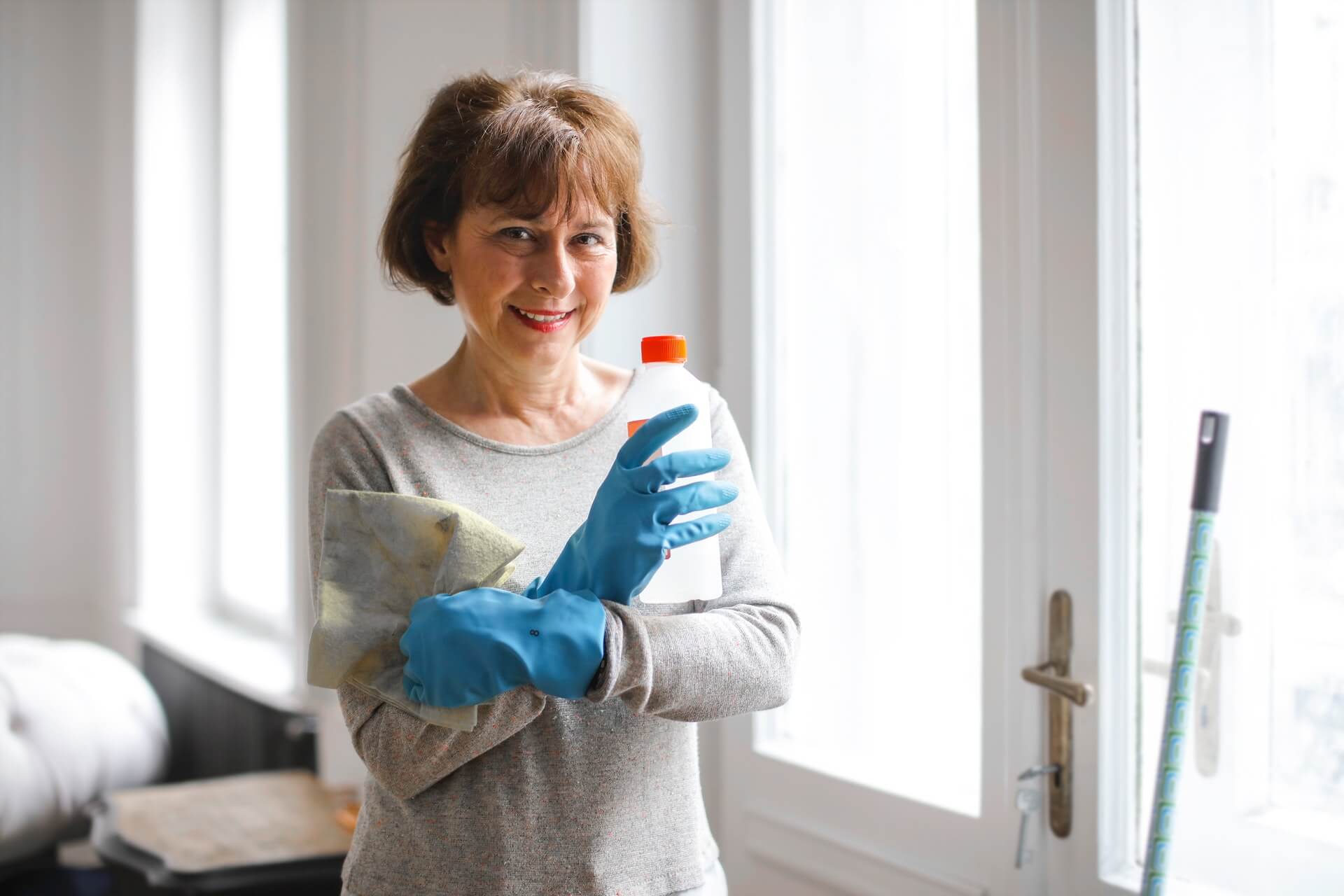
Businesses in every industry thrive on strong leadership and the cleaning industry is no exception. A custodial services business that is missing competent leadership will provide subpar service and leave clientele unhappy. Developing great leaders will create positive change in your business and influence your custodial team to find creative ways to grow professionally and be accountable to your clients. Here are a few ways professional cleaning business owners can develop great leaders for the future of their business and the industry.
One quality of a good leader is having a desire to learn. If you want to develop great new leaders, give your cleaning team an opportunity to train and develop new skills, said Johnny Pallares, owner of commercial and residential cleaning company De La Rosa House Cleaning
“Great leaders are developed and that is why training is so important,” Pallares said. “We are always taking feedback, trying new techniques, and learning about new products. A commitment to learning new things is the only way you become a better cleaner.”
Investing in certification and training of staff is always worthwhile, but education opportunities can also come through regular communication and feedback. Hold regular meetings to talk with your team about ways they can improve. For instance, Pallares and experienced cleaning staff shadow new custodians when they are cleaning a difficult spot to talk them through the process. Experienced cleaners coaching less experienced staff is a win-win because it gives the more seasoned cleaners a chance to show leadership qualities while the less experienced staff learn necessary job skills.
Developing strong leadership down the line starts with appointing a humble team of supervisors. Good supervisors don’t need to be the center of attention and enthusiastically give credit to every member of the team. A good leader at the top understands they may be the head of their company but they cannot work without their “arms and legs.”
Pallares said humble leadership is a must if you want to keep good custodians engaged.
“Showing your team that you understand how hard their job is better than telling them,” Pallares said. “My supervisors and I don’t ask anyone on our team to do a job that we wouldn’t do ourselves. Your team has to know you are willing to work with them so you can foster an environment of fair treatment and respect.”
This also means being honest with your team when you mess up and proving that even leadership is not beyond reproach.
“It is important that leadership is the first to admit when they did something wrong,” Pallares said. “A strong leader in our industry is someone willing to take the blame for mistakes and accept feedback from the team you lead.”
Great leaders know how to delegate and as the owner of a cleaning company you should take every opportunity to challenge your custodians to step into leadership roles.
Put potential leaders in a position to try new responsibilities and confront challenging situations, for example, by leading a meeting or a team for the first time.
“You want to put prospective leaders in a positive but challenging environment,” Pallares said. “You can slowly train prospective leaders to be real leaders and you do this by giving them supervisor duties and letting them lead their own cleaning crew. As your supervisor grows as a leader, the team under them will start to respect them more.”
Trusting prospective leaders lets them know that you value their contribution and their ability to navigate your cleaning company through conflict. A prospective leader who is able to confront a crisis and come up with solutions is no longer a prospective leader but a real one.
Business owners have to be willing to delegate their work to good supervisors and trust them to grow into leadership roles that will improve business.
Cleaning companies sink or swim on the strength of their supervisors, which is why developing your workers into strong, educated, humble leaders will always benefit the growth of your cleaning company and the cleaning industry as a whole.